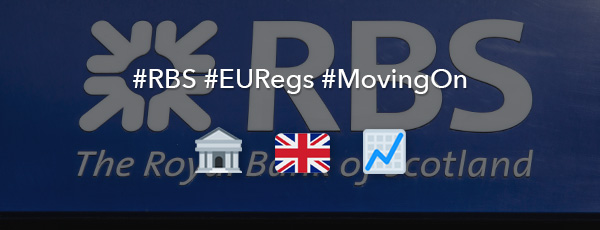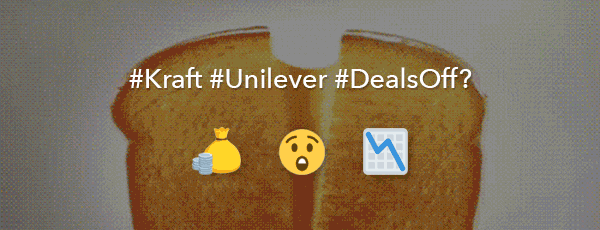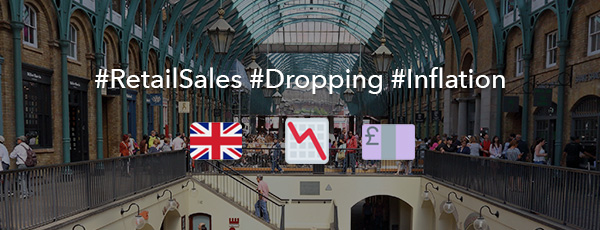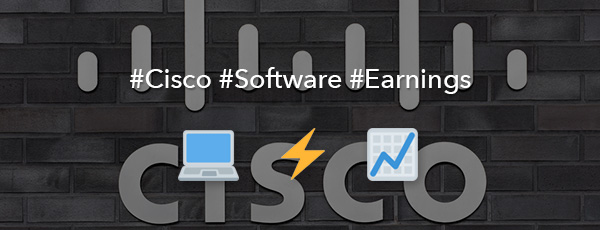
Image source:
What's going on?
Shares in Royal Bank of Scotland (RBS), the large British bank that is now majority-owned by the UK government, rose 7% on Monday after it emerged that it might not be subject to a European Union rule requiring it to sell off part of its business.
What does this mean?
RBS was one of the biggest banks in the world, but that all changed when the value of the loans it had made plummeted during the 2008 financial crisis. The UK government gave the bank billions of pounds so that it could do things like pay back its own depositors. With its 81% shareholding, the UK government remains, by far, the bank�s biggest shareholder. The huge bailout broke European Union rules on state-aid (governments can�t give companies too much money, basically).
In an attempt to level the playing field, the EU said RBS had to sell off one of its subsidiaries, Williams & Glyn. However, nobody really wanted to buy it (partly because its IT systems are so outdated). It looks like, instead of selling Williams & Glyn, RBS will be required to spend �750 million on initiatives to support other banks in the UK. For RBS shareholders it means, at least, the bank is able to move on: it had already spent �1.8 billion trying to sell Williams & Glyn!
Why should I care?
For markets: This should help support changes within Britain�s banking industry.
Britain�s biggest lenders hold a fairly dominant position, but are being increasingly challenged by relatively new entrants like Virgin Money and Metro Bank. Part of RBS�s settlement involves spending money to support these new competitors, which should, at least somewhat, boost the competitive landscape in Britain.
The bigger picture: This is what the aftermath of a banking crisis looks like. (tweet this)
2008 wasn�t the first banking crisis and it, almost certainly, will not be the last. While the memories of such crisis periods can fade, the fact that RBS remains 81% owned by the government is a reminder that financial crises have costs � and the government (i.e. the taxpayer) often bears a significant burden.
Originally posted as part of the Finimize daily email.
The top 2 financial news stories in 3 minutes. Join over one million Finimizers





